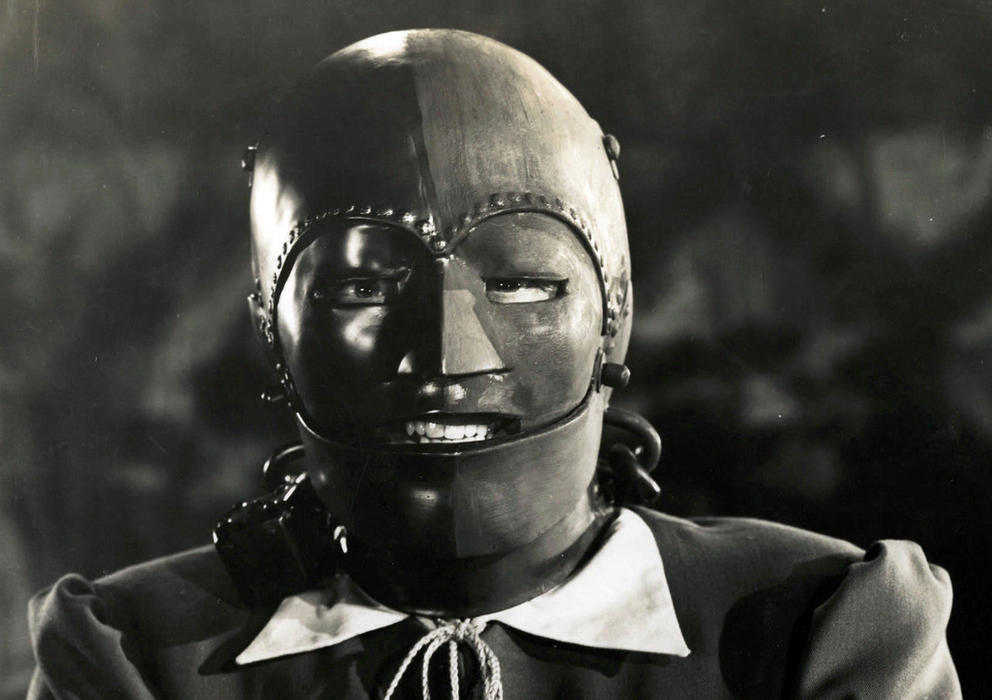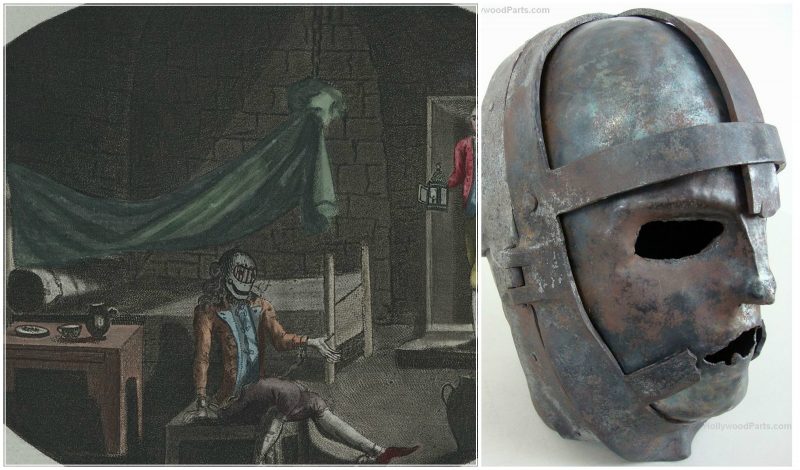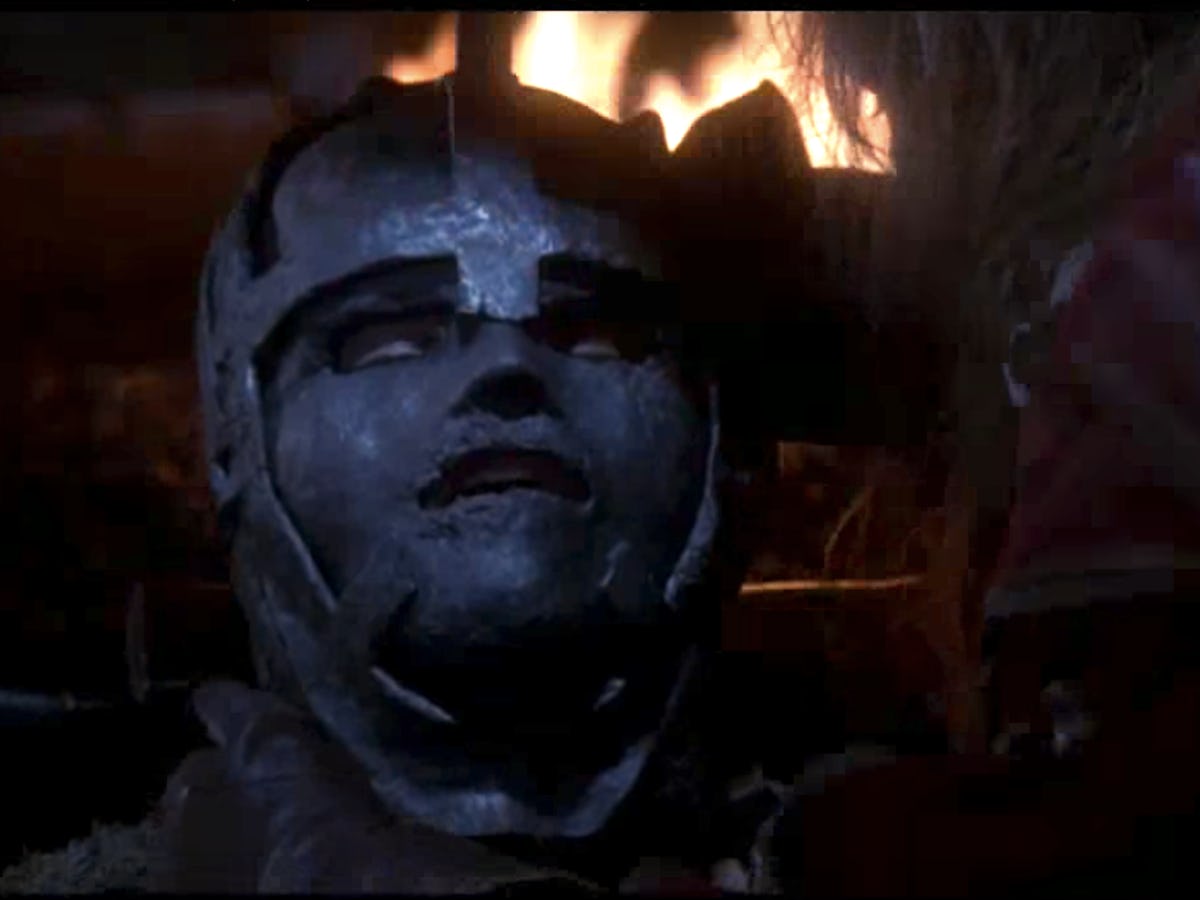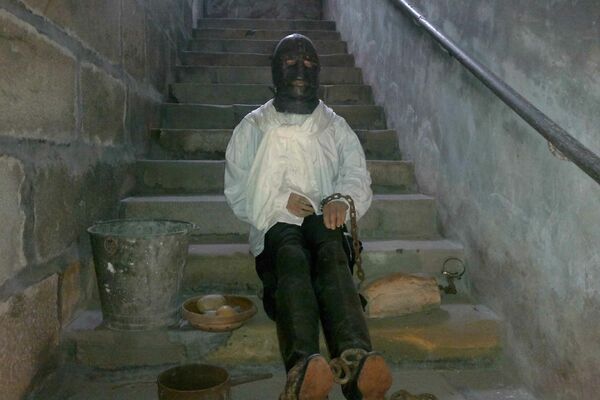After more than three centuries of obsession, speculation, and myth, historians believe they have finally solved one of Europe’s most haunting enigmas — the true identity of the Man in the Iron Mask. Far from being a royal twin or a secret heir, the masked prisoner who languished in the shadows of Louis XIV’s France was likely Ustash Dower, a lowly valet caught up in a deadly web of espionage, betrayal, and royal paranoia.

For centuries, the story of the mysterious prisoner — his face concealed behind an iron mask, his name erased from all records — has captivated historians, writers, and dreamers alike. Voltaire imagined him as the king’s brother; Alexandre Dumas immortalized him in fiction as the tragic royal double hidden away to preserve France’s stability. But according to newly analyzed documents from the Bastille archives and correspondence from Louis XIV’s ministers, the truth is far more disturbing — and far less glamorous.

Researchers from the Sorbonne University’s historical faculty uncovered fragmented prison logs and coded letters suggesting that Ustash Dower served as a personal attendant to a high-ranking noble involved in espionage during the turbulent years of the Sun King’s reign. Dower, it seems, accidentally stumbled upon intelligence that implicated senior officials — possibly even members of Louis XIV’s inner circle — in treasonous communications with foreign powers.
Rather than execute him and risk exposure, the crown opted for something more insidious: total erasure. Dower was transferred between prisons under heavy guard, forbidden to speak, write, or remove his mask. His every movement was monitored, his existence reduced to a cipher in state records. One letter, penned by the king’s minister of police, ominously orders:
“He must live, but not exist. Let his name die, but not his body.”

The so-called “mask of iron,” historians now argue, was likely a black velvet covering reinforced with metal — not an instrument of torture but a symbol of state control, ensuring the man remained a faceless ghost within his own lifetime. This treatment, normally reserved for political prisoners or those tied to dangerous secrets, explains the unusually respectful conditions of his captivity: he was fed well, guarded by elite soldiers, and imprisoned separately from common criminals.
The revelation dismantles centuries of romantic myth. There was no royal twin, no scandalous birthright — only a nameless servant silenced by the machinery of monarchy. Dower’s fate underscores the chilling reality of Louis XIV’s France, where absolute power demanded not just obedience, but disappearance.

Historians describe the finding as “a sobering twist in a story long clouded by legend.” The discovery paints the Sun King’s regime as one willing to erase an ordinary man to protect extraordinary secrets, transforming the “Man in the Iron Mask” from a symbol of royal mystery into a victim of authoritarian control.
Yet questions still linger. What secrets did Ustash Dower overhear? Was he protecting someone — or merely in the wrong place at the wrong time? The full truth may still lie buried in France’s sealed state archives, where coded dispatches and censored reports hint at a network of intrigue stretching across Versailles, the Bastille, and beyond.

What’s undeniable is that the legend has finally come full circle. The “Man in the Iron Mask” — once imagined as a hidden prince — turns out to be a common man destroyed by uncommon power. His story, stripped of royal fantasy, now stands as a grim reflection on the cruelty of silence, and the ease with which history can bury those it chooses to forget.





